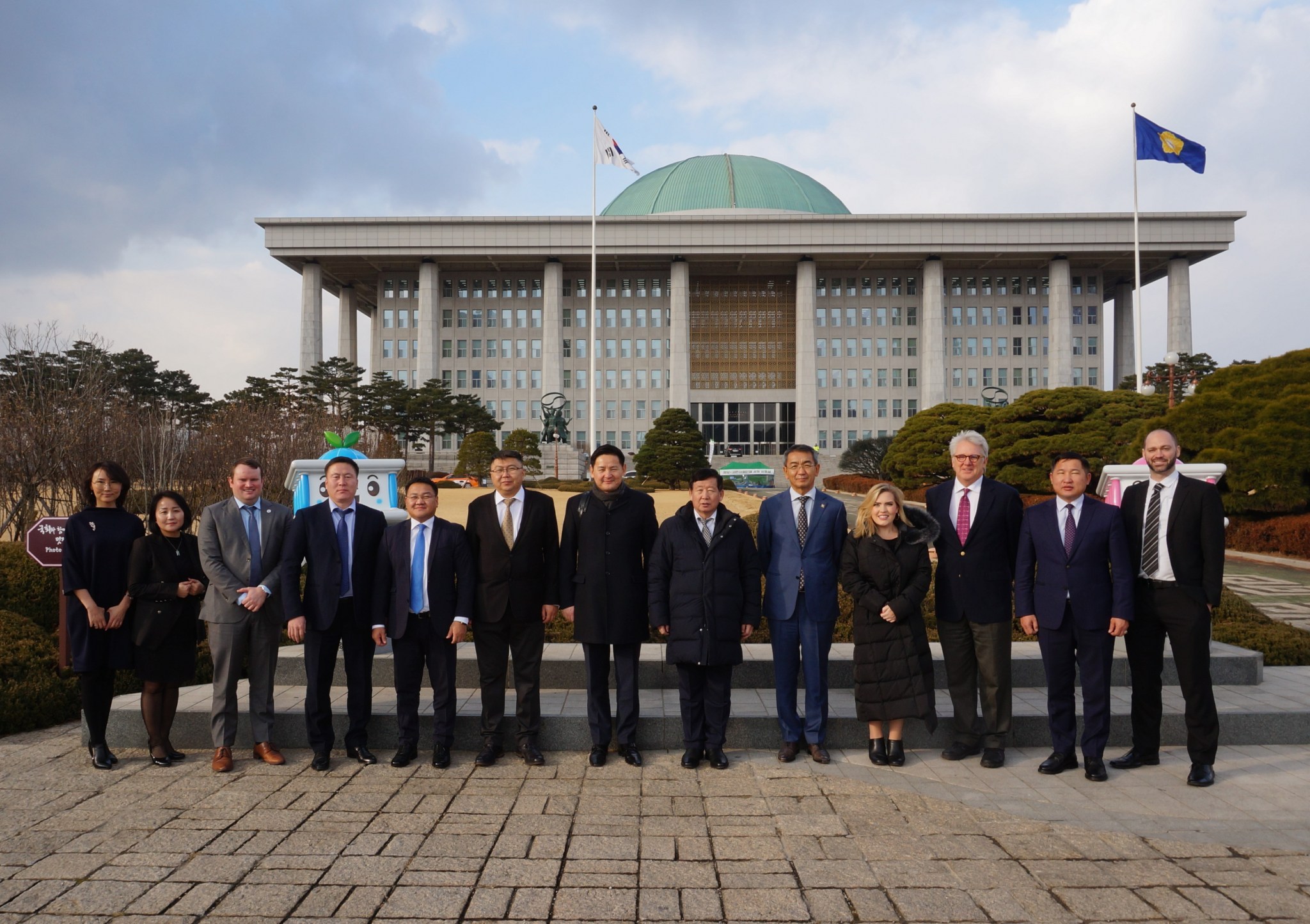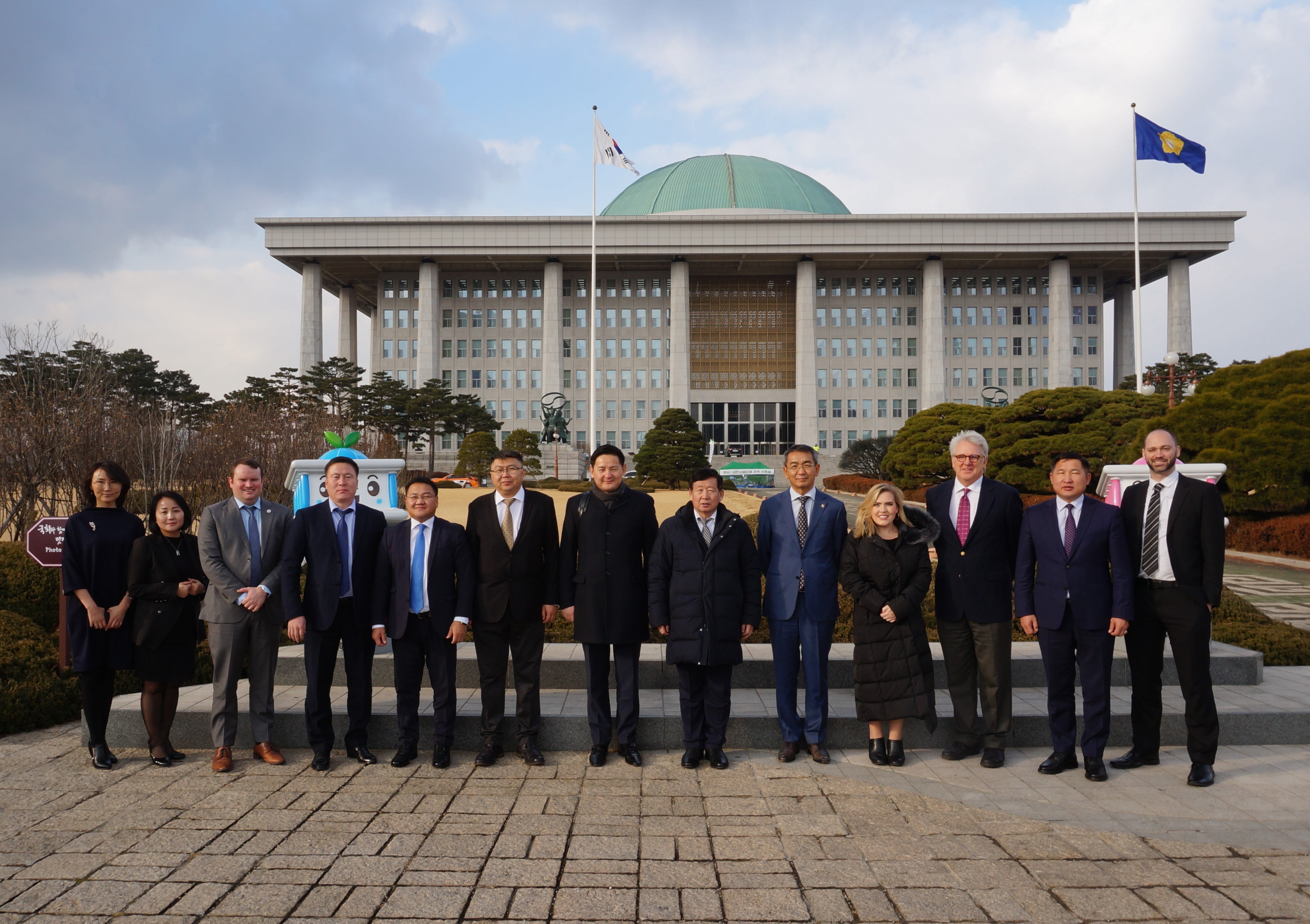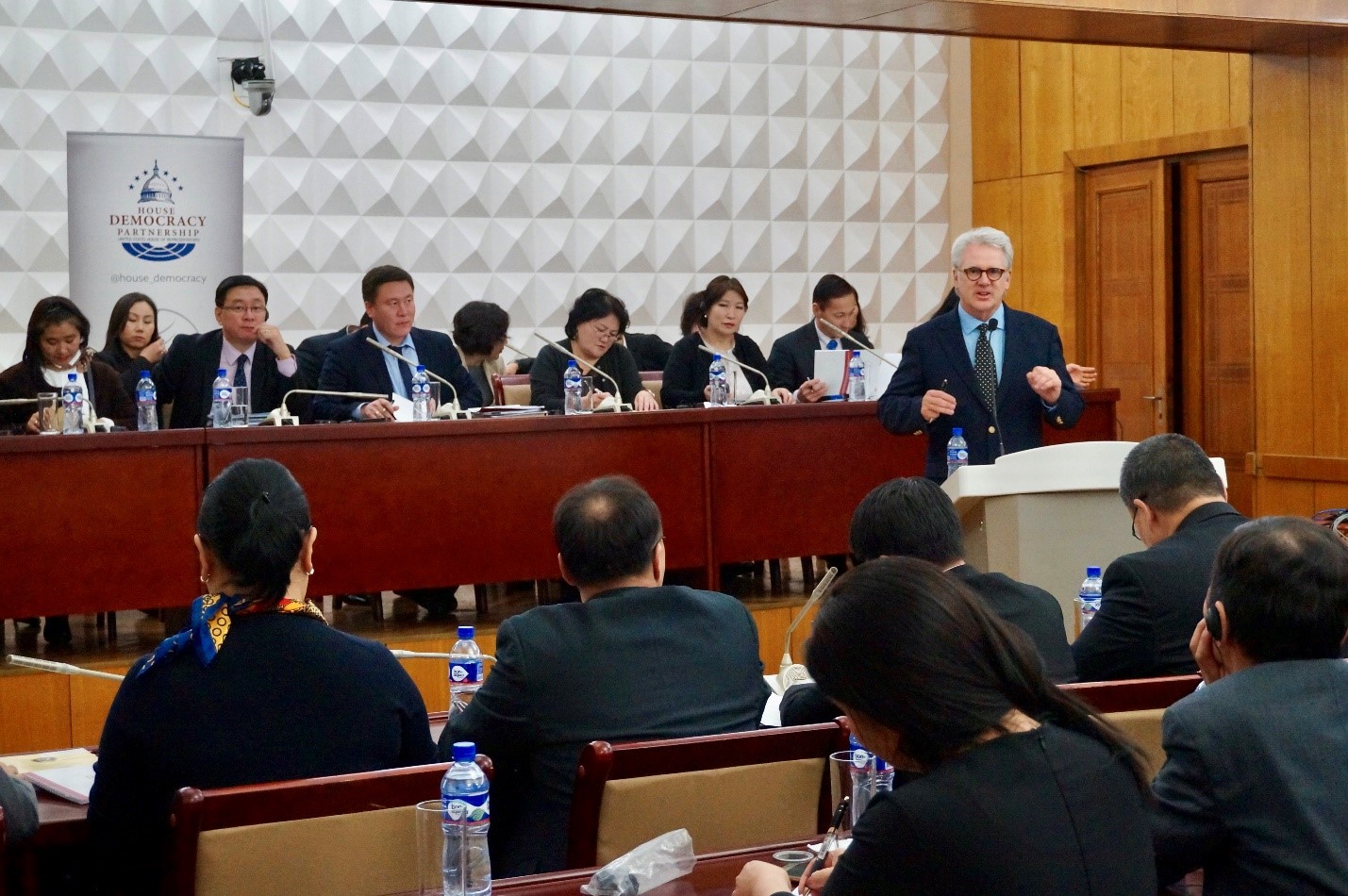
Democracy is not always flashy. Nor is it intended to be.
For a legislature, one of the most vital functions is found in the committee hearing room. Public hearings provide citizens an opportunity to speak directly to policymakers about matters that are important to them. They offer legislators key insights as to what is on the minds of their constituents, providing valuable, fact based legislative analysis. Public hearings also help provide greater transparency and oversight. They serve as a mechanism that members of parliament can use to gather popular opinions and make better-informed decisions and policy. Without public hearings, a legislature cannot be the true voice and representation of the people.
Enter Mongolia. A former-Soviet Union communist ally, Mongolia just entered its fledgling democratic era in 1990. Its democratic principles are constantly challenged due to its hostile, undemocratic neighbors; Russia to the north and China to the South. The State Great Hural (SGH) has never held a public hearing. Until now.
Over the past two years, the House Democracy Partnership (HDP) has assisted the SGH on implementing public hearings. Since 2016, the International Republican Institute (IRI) has worked in Ulaanbaatar conducting trainings on the vital nature and proper procedure of public hearings, both by traveling to Mongolia and bringing members of parliament to Washington, DC.
The capstone of this two-year engagement came in December 2018 when former Chief of Staff to David Dreier, Brad Smith, traveled to Mongolia to continue the HDP support of the SGH by conducting workshops on public hearings. The two-day consultancy hosted members, parliamentary staff, civil society and journalists. Participants had the opportunity to take part in mock public hearings. They acted as witnesses, legislators, staff and media implementing lessons learned. This allowed participants the chance to see how a real hearing is conducted.

Immediately afterwards, a delegation comprised of three Mongolian members of parliament, three SGH staffers, a Cabinet staffer and a provincial council chair traveled to Seoul, South Korea to meet with the South Korean National Assembly to learn more about their public hearing processes and laws. South Korea, one of the democratic leaders in the region, is well positioned to act as a mentor for growing democracies such as Mongolia.
The visiting delegation had the opportunity to meet with the Asan Institute for Policy Studies, one of the leading thinktanks on South Korean public policy. Asan provided insight into public hearings conducted by the Korean National Assembly with video footage for the Mongolian delegation to observe and discuss. The conversation focused on the similarities and differences in American, South Korean and Mongolian Committee and hearing laws. Consequently, the delegates, in collaboration with IRI and HDP staff, created action plans on how they planned to implement public hearings.
On January 30, 2019, the Standing Committee on Environment, Food and Agriculture organized the SGH’s first public hearing on the implementation, funding and the impact of activities on Mongolia’s air pollution. Air pollution is a prevalent issue in Mongolia, especially in Ulaanbaatar, impacting more than half of the population. Seventy-one people attended, including representatives from the Mongolian President’s Office, the Government of Mongolia, Ministries, Ulaanbaatar City, national and local government organizations, international non-governmental organizations, domestic non-governmental organizations, companies and the general public.
Though participants tried to amend the hearing’s rules of procedures, agenda and objectives, the committee chairman was firm in maintain the rules of procedure. This is critical for setting precedence. The SGH established public hearing conduct and demonstrated growing political will, without which there will be no progress. Mongolia’s first public hearing was historic, marking a milestone in the country’s nascent democratic history.
In recent weeks, Mongolia has seen backsliding in its decades-old democratic principles after the SGH voted to amend the Law on Anti-Corruption, allowing President Battulga to contort the courts in his favor and challenge their independence. HDP will continue to work with Mongolia and the SGH as it strives for accountable, transparent and responsive government given the importance in the advancement of democracy in the country and region.

Top